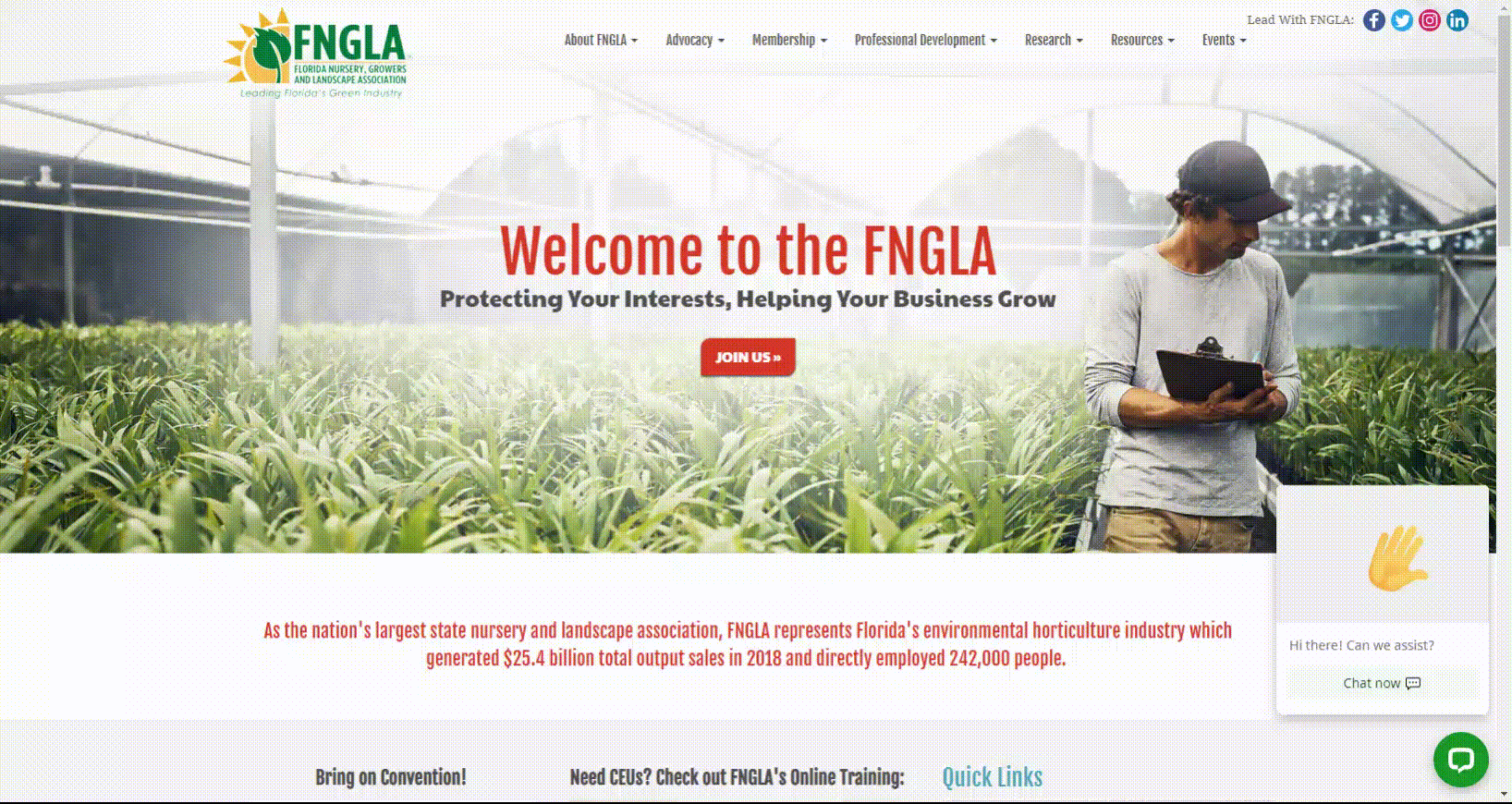
The Path to Innovation
February 4, 2022
Most of the messages you get from FNGLA are from Kate Clary. This one’s about her.
It’s also about how much science - and one particular scientist - shapes Kate’s work. FNGLA’s director of strategic communications is on what she envisions as a six-year trajectory to become Dr. Kate Clary.
That’s six years of nights and weekends. To find quiet time to connect with her adviser, she even steps out on lunch breaks to call from the back seat of her Jeep Cherokee. Nine to five in Orlando, then a few hours with Jonathan, 7, and Olivia, 6. With what’s left, she delves into social learning theory and examines how people experience cognitive dissonance.
Kate can do all this because her mind is an idea greenhouse. Not everything blooms, but she goes to FNGLA’s Ben Bolusky so often with a new tactic or strategy that Kate and Ben both confirm even when he doesn’t fully grasp the method, he trusts her to take risks.
That’s a lot of freedom to fail. I’m a big believer in failure as proof you’re on the path to innovation. You’ll get further down the path if you have a guide, though, and this is where one of the nation’s best faculty members comes in.
The U.S. Department of Agriculture recently named Kate’s doctoral adviser, Dr. Jamie Loizzo, as one of the nation’s best early career teachers. The feedback Kate gets from Loizzo is the difference between Kate sending out a membership survey that takes the true pulse of your organization and one which takes nothing more than valuable time you don’t have.
Loizzo is an assistant professor in the UF/IFAS College of Agricultural and Life Sciences Department of Agricultural Education and Communication. Her Ph.D. student brings her ideas from the field, and Loizzo subjects them to an intellectual stress test. Does theory indicate that the tactic Kate proposes will be effective? How can you know the variables influencing the outcomes you’re pursuing are the ones you’re controlling?
Kate said it’s equally important that Loizzo is her advocate. Loizzo tailors Kate’s education so it can occur when and where Kate can learn rather than in Gainesville. This individualized teaching and learning is the CALS way. But there are rules and requirements when you’re providing a world-class education to 7,000 students, and Loizzo helps Kate navigate this by meeting deadlines and filling out the right forms.
This advocacy started the moment Loizzo saw Kate in the incoming student pool three years ago. Loizzo thought she could help Kate because she understood her. They’re both former journalists - Kate with newspapers in California, New Jersey, New York and Florida, Loizzo with TV and radio in Illinois, Kentucky, Florida and Indiana.
Loizzo, too, earned her Ph.D. while working and raising (three) kids. They’re also both women in a sector where leadership is still largely male.
Land-grant science, just like communication, is most effective when it’s two-way. Kate’s goal is to go beyond pushing out messages and to engage recipients - you - in conversation, to prompt you to do something, to get feedback from you which makes FNGLA more responsive to its members.
One of Loizzo’s goals is to advance science communication. For example, she aims to investigate how artificial intelligence-guided chatbots might nudge attitude change and increase science literacy. Loizzo learns from Kate how this plays out in the real world through the waving yellow hand chatbot at www.fngla.org.
Another of Loizzo’s goals is to improve the way we teach. Loizzo co-leads a task force on the feasibility of offering an online Ph.D. in the department, and her experience working with a remote student during a pandemic informs her exploration of the topic.
Loizzo and Kate exemplify how UF/IFAS science is advancing your industry. At the same time, they demonstrate how FNGLA members and staff improve that UF/IFAS science. As a result, we’ll all know much more about how to prepare Jonathan and Olivia’s generation to be more effective communicators.
Scott Angle is the University of Florida’s Senior Vice President for Agriculture and Natural Resources and leader of the UF Institute of Food and Agricultural Sciences (UF/IFAS).


 (2).png/)